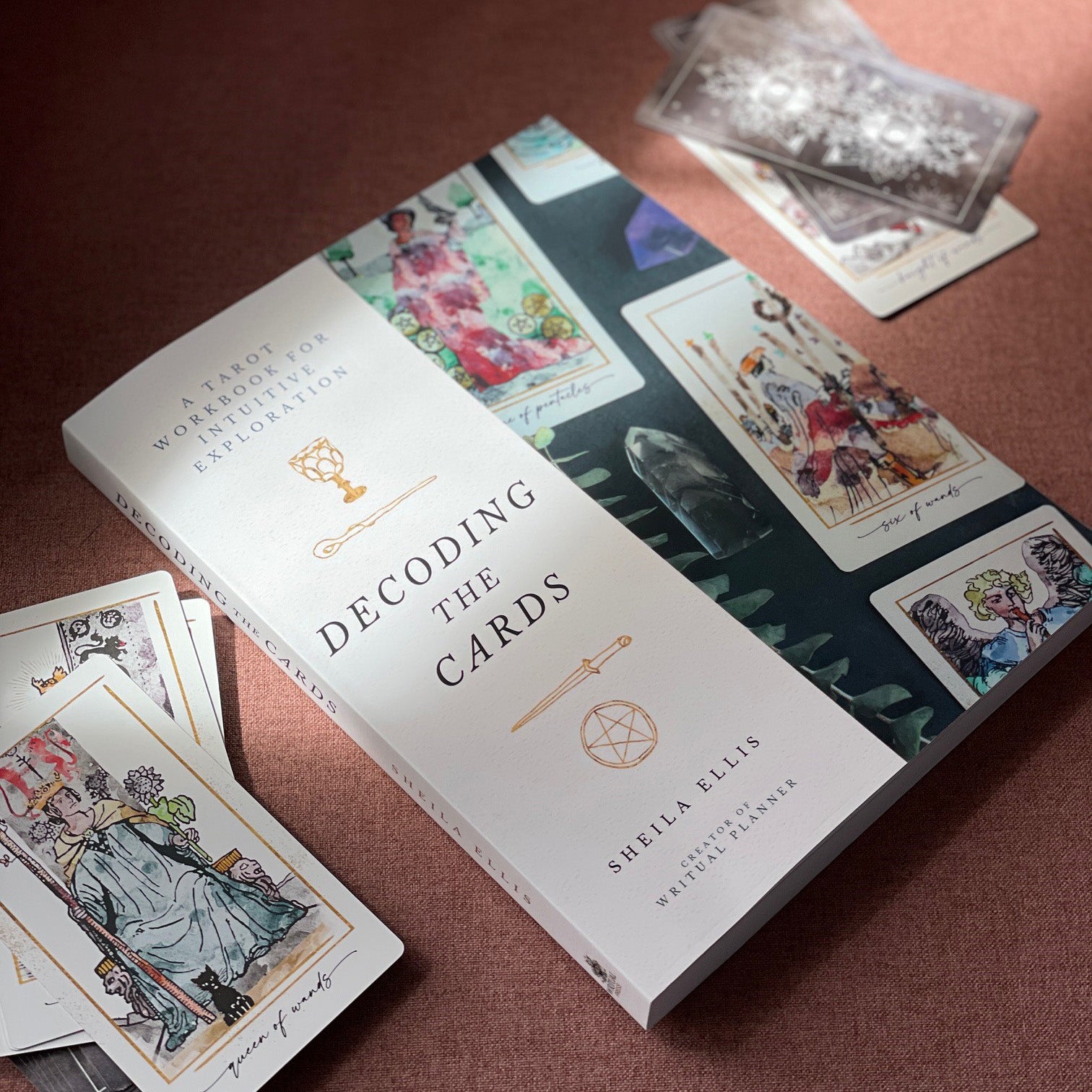Decoding the Days: A Complete Exploration of Week Identify Charts Throughout Cultures and Historical past
Associated Articles: Decoding the Days: A Complete Exploration of Week Identify Charts Throughout Cultures and Historical past
Introduction
On this auspicious event, we’re delighted to delve into the intriguing subject associated to Decoding the Days: A Complete Exploration of Week Identify Charts Throughout Cultures and Historical past. Let’s weave fascinating info and supply contemporary views to the readers.
Desk of Content material
Decoding the Days: A Complete Exploration of Week Identify Charts Throughout Cultures and Historical past

The seven-day week, a seemingly ubiquitous construction in fashionable life, is a testomony to the enduring affect of historical civilizations and their complicated relationship with celestial our bodies. Whereas the week’s construction is basically standardized globally right this moment, the names given to every day supply an enchanting glimpse into numerous cultural traditions, mythological narratives, and the historic evolution of calendars. This text delves deep into the origins and variations of week identify charts, exploring their linguistic roots, astrological connections, and the intriguing tales behind the names we use each day.
The Astrological Basis: Planetary Deities and Days of the Week
The seven-day week’s basis lies firmly in historical Babylonian astronomy. Their seven-day cycle was straight linked to the seven celestial our bodies seen to the bare eye: the Solar, the Moon, and the 5 classical planets – Mars, Mercury, Jupiter, Venus, and Saturn. Every day was devoted to a particular deity related to one in all these celestial our bodies, a apply that unfold all through the traditional world, influencing the naming conventions of assorted cultures.
This astrological affect is instantly obvious in lots of fashionable week identify charts. As an illustration, in English:
- Sunday: Devoted to the Solar, the supply of life and vitality. The Anglo-Saxon identify "Solar’s day" displays this connection straight.
- Monday: Named after the Moon, reflecting the lunar cycle’s significance in historical calendars. The Anglo-Saxon "Moon’s day" echoes this.
- Tuesday: Devoted to Tiw (or Tyr), the Norse god of conflict, similar to the Roman god Mars. "Tiw’s day" advanced into "Tuesday," reflecting the Roman affect.
- Wednesday: Named after Woden (Odin), the chief god in Norse mythology, equal to the Roman god Mercury. "Woden’s day" remodeled into "Wednesday."
- Thursday: Devoted to Thor, the Norse god of thunder, mirroring the Roman god Jupiter. "Thor’s day" grew to become "Thursday."
- Friday: Named after Frigg (or Freya), the Norse goddess of affection and wonder, similar to the Roman goddess Venus. "Frigg’s day" advanced into "Friday."
- Saturday: Devoted to Saturn, the Roman god of agriculture and time, representing the fruits of the week. The identify retains its direct connection to the Roman deity.
Variations Throughout Languages and Cultures:
Whereas the astrological foundation is frequent, the precise names and their etymologies fluctuate considerably throughout completely different languages and cultures. This variation displays the varied mythological and historic backgrounds of various societies.
Romance Languages: Romance languages, descended from Latin, retain a robust connection to the Roman pantheon. French, Spanish, Italian, and Portuguese all have week names straight derived from or carefully associated to the Roman deities, though the pronunciation and spelling would possibly differ.
Germanic Languages: Germanic languages, like English, German, and Dutch, exhibit a stronger Norse affect of their week names, reflecting the historic dominance of Norse mythology in these areas. Whereas the Roman deities are nonetheless represented, the names typically replicate the Norse equivalents.
Slavic Languages: Slavic languages typically exhibit a mix of influences, with some names retaining connections to Slavic mythology, whereas others replicate Roman or Byzantine traditions.
Different Cultures: In some cultures, the week’s names would possibly replicate native deities or vital historic figures. For instance, some African cultures have week names related to their very own pantheons or vital historic occasions. Equally, some Asian cultures may need week names linked to their distinctive cosmological beliefs.
A Comparative Week Identify Chart:
The next desk presents a comparative overview of week names throughout a number of languages, highlighting the frequent astrological roots and the variations of their linguistic expressions:
| Day | English | French | Spanish | German | Italian |
|---|---|---|---|---|---|
| Sunday | Sunday | Dimanche | Domingo | Sonntag | Domenica |
| Monday | Monday | Lundi | Lunes | Montag | Lunedì |
| Tuesday | Tuesday | Mardi | Martes | Dienstag | Martedì |
| Wednesday | Wednesday | Mercredi | Miércoles | Mittwoch | Mercoledì |
| Thursday | Thursday | Jeudi | Jueves | Donnerstag | Giovedì |
| Friday | Friday | Vendredi | Viernes | Freitag | Venerdì |
| Saturday | Saturday | Samedi | Sábado | Samstag | Sabato |
The Evolution of Week Names:
The evolution of week names is an enchanting course of, reflecting the interaction of cultural change, linguistic shifts, and the altering significance of mythological figures. The names have undergone transformations over centuries, adapting to the prevailing languages and cultural contexts. As an illustration, the contraction of "Solar’s day" to "Sunday" illustrates the pure linguistic evolution that formed the fashionable names.
Past the Names: Cultural Significance of the Week
The seven-day week just isn’t merely a system of naming days; it is deeply embedded in cultural practices and social constructions. Non secular observances, market days, and work schedules are sometimes structured across the weekly cycle. The names themselves, even unconsciously, evoke cultural associations and historic narratives, reminding us of the wealthy tapestry of human historical past and perception programs.
Conclusion:
The seemingly easy act of naming the times of the week reveals a wealthy and sophisticated historical past, reflecting the enduring affect of historical astronomy, mythology, and cultural change. Every week identify chart, subsequently, is not only a listing of days; it is a microcosm of human historical past, a testomony to our enduring fascination with the cosmos and our persistent makes an attempt to know and arrange the circulate of time. By finding out the origins and variations of week names throughout completely different cultures, we acquire a deeper appreciation for the interconnectedness of human civilizations and the enduring energy of cultural traditions. The following time you seek the advice of your calendar, take a second to think about the wealthy historical past encoded inside the seemingly mundane names of the times of the week. Every identify carries inside it echoes of historical gods, celestial our bodies, and the enduring legacy of human storytelling.








Closure
Thus, we hope this text has supplied priceless insights into Decoding the Days: A Complete Exploration of Week Identify Charts Throughout Cultures and Historical past. We thanks for taking the time to learn this text. See you in our subsequent article!